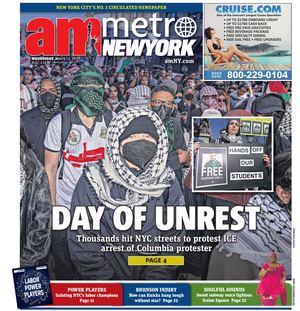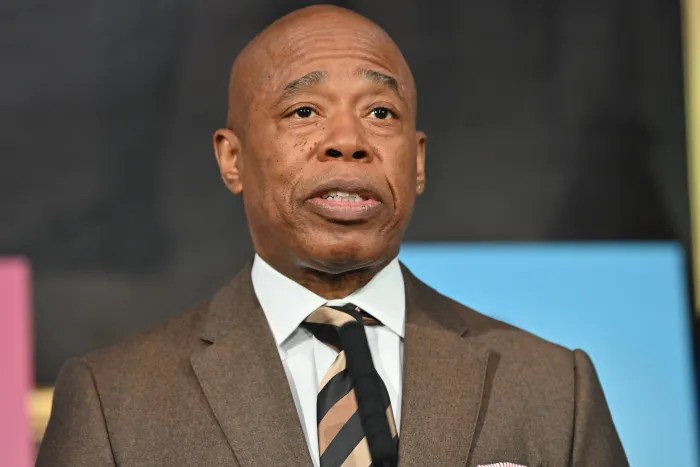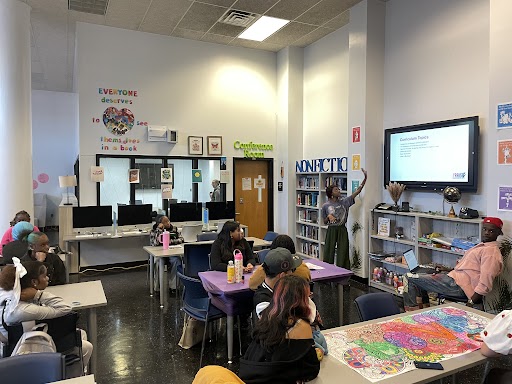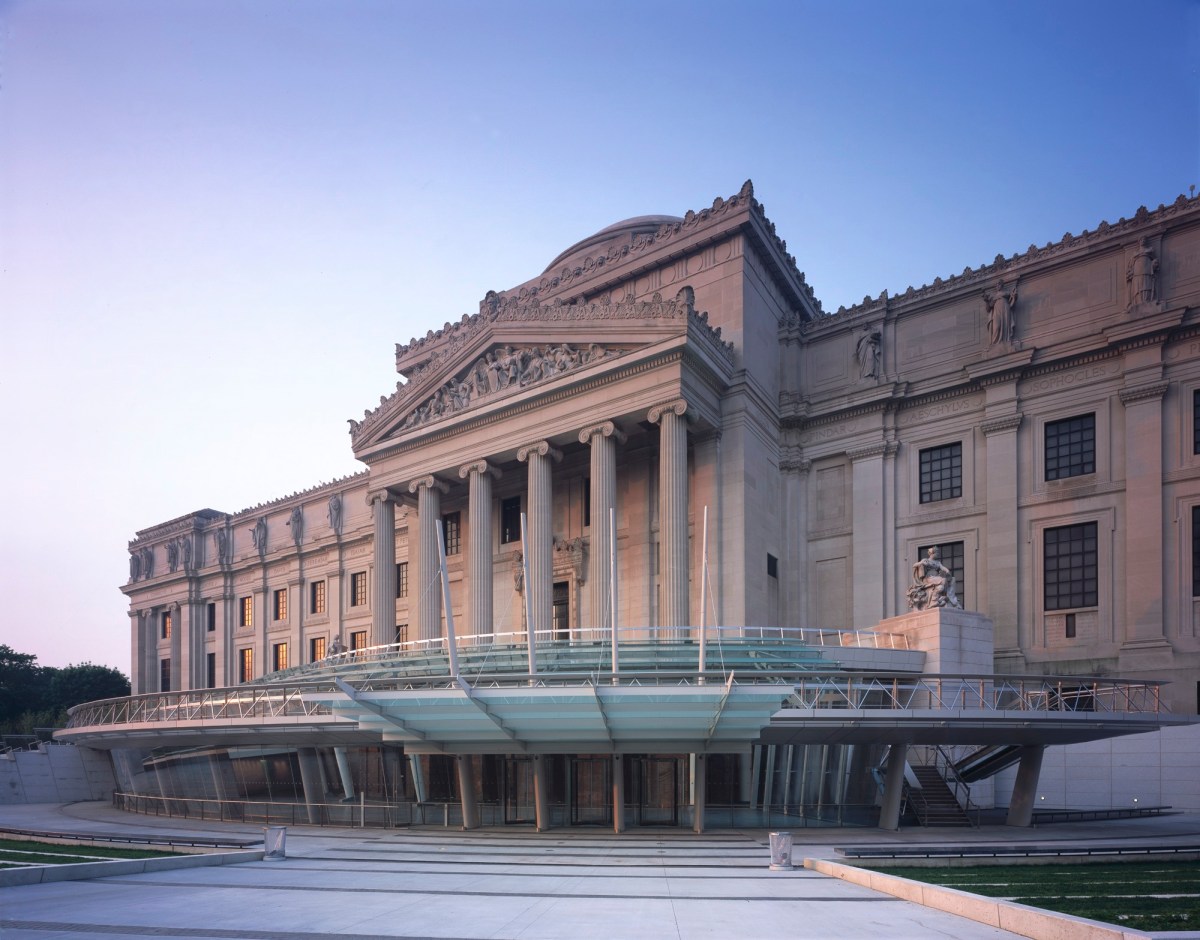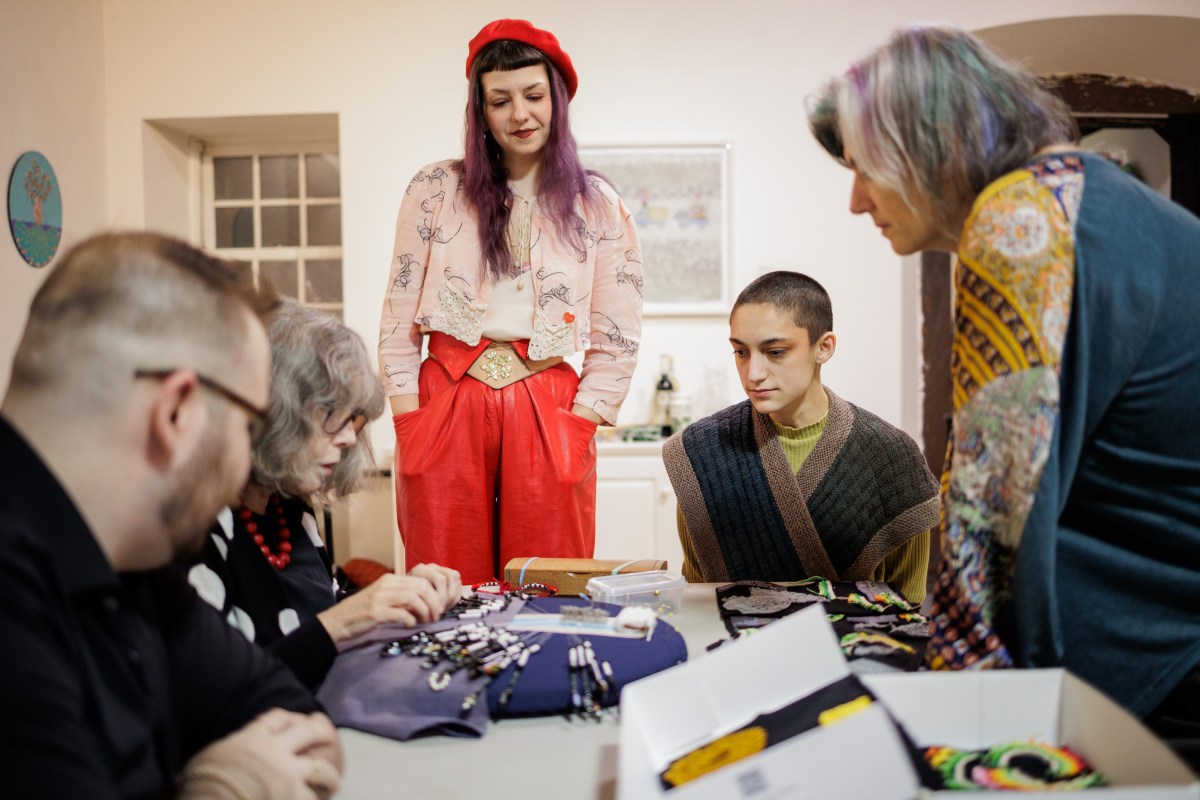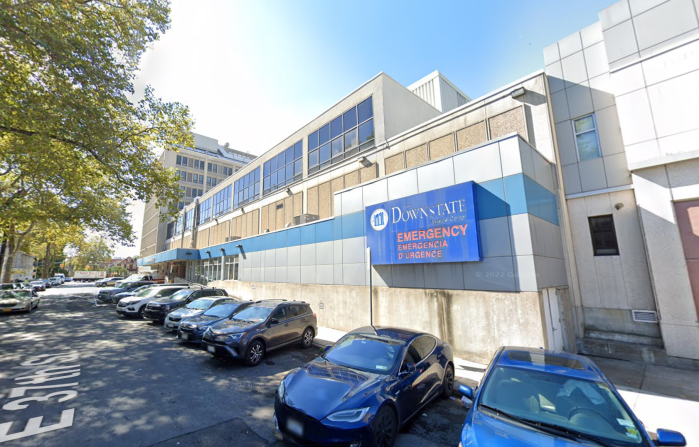Mayor Eric Adams has appointed a new executive director of the Mayor’s Office of Nonprofit Services to improve support for nonprofit organizations that are currently facing payment delays across the city.
Michael Sedillo, who comes to the position after being senior advisor from the office of first deputy mayor, will replace Johnny Celestin as head of the MONS.
Along with the leadership change, Adams unveiled a series of initiatives designed to expedite payments to nonprofit providers, ensuring that essential services can be delivered without hindrance. The initiatives come in the wake of heavy criticism directed at the mayor’s office for delays in payments to nonprofits, which have in some cases put their operations at risk.
“Nonprofit workers never hesitate to answer the call from our city, whether it’s an international humanitarian crisis, a global pandemic, or helping a neighbor in need. The last thing they should have to worry about is getting paid on time,” Adams said in a statement. “Today’s announcement is a step in the right direction, proving that reforms are working on cutting red tape and agencies are sprinting to unlock hundreds of millions for providers.”
Sedillo, who has a background in city government as a former change management analyst at the Mayor’s Office of Contract Services, looks to lead the office in fostering a culture that prioritizes customer service, data-driven performance management and improving communication and partnerships between the city and nonprofit organizations.
“I grew up in Texas, a place that did not prioritize social services. Now that I live in a city that values its safety net, I want to ensure nonprofits can thrive while providing essential support to New Yorkers,” Sedillo told amNewYork Metro.
He has previously led initiatives that addressed backlogged contracts and improved job creation for working-class New Yorkers. In an exclusive interview, Sedillo described his motivations for taking on this role.
“Long term goals can really only be achieved if we focus on getting folks paid. That is our number one goal. Making sure we are doing all we can to get nonprofits what they deserve,” he said. “I plan to engage regularly with nonprofit leaders through formal advisory boards and informal meetings. It’s about creating partnerships and ensuring open lines of communication.”
Increased city efforts
Sedillo’s appointment comes at a crucial time as the city is making strides to reduce bureaucratic delays.
Some key measures taken to pay organizations in a timely manner include the implementation of Payment Backlog Initiative, which has successfully disbursed over $1 billion to providers within three months since launching in Oct. 2o24.
MOCS is also addressing unregistered nonprofit contracts that have delayed payments and providing agencies with additional training, office hours and best practice guidance to help prevent future backlogs.
Most notably, a discretionary contract reform introduced by Mayor Adams and New York City Comptroller Brad Lander eliminates nine months of discretionary contracting process time for nonprofits annually, beginning in the out-years for applicable contracts.
Discretionary contracts relate to the funds allocated by the New York City Council to non-profit organizations to meet local needs.
The Mayor’s reform allows nonprofit organizations to enter multi-year contracts, eliminating a cumbersome annual procurement process that has historically delayed payments.
“The biggest challenge is aligning the numerous city agencies involved in managing the nearly $20 billion in human service contracts yearly,” Sedillo said.
History of delays
Nonprofit leaders recently called for increased city support. Many organizations experience a lack of funds, which hinders their ability to provide their services.
Mayor Adams previously downplayed their cries, saying the delays were “not the worst it’s been.”
Shervon M. Small, executive director of Legal Services NYC, said that his group and others are in no position to wait another moment for payment, as their very livelihood is at stake, as previously reported by amNewYork Metro.
“While we acknowledge and appreciate the Mayor’s initial efforts to address long-standing payment backlog issues, the current fiscal reality for Legal Services NYC and other legal service providers remains dire,” Small said in a statement.
While looking at the frustration some nonprofits have experienced with payment strategies, Sedillo remains optimistic. Beyond ensuring timely payments, he aims to advocate for systemic reforms that simplify processes for both nonprofits and city workers.
“I want to foster a culture that celebrates the partnership between city administration and nonprofit providers. It’s vital that we view them as allies in delivering essential services to our residents,” he said.
Sedillo plans to engage with senior city officials from the Nonprofit FOCUS Working Group, a weekly meeting with City Hall leadership which aims to analyze performance data and streamline payment processes.
Adams reiterated his commitment to supporting the nonprofit sector, having allocated $741 million to enhance wages for approximately 80,000 human services workers.
“I want to communicate our goals and successes more effectively, showing that we are here to champion nonprofits and the invaluable work they do,” he said. “There needs to be a cultural change. I want our internal workforce to adopt a mindset and culture of service to our nonprofit providers.”
Read More: https://www.amny.com/politics/
